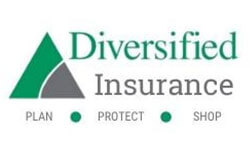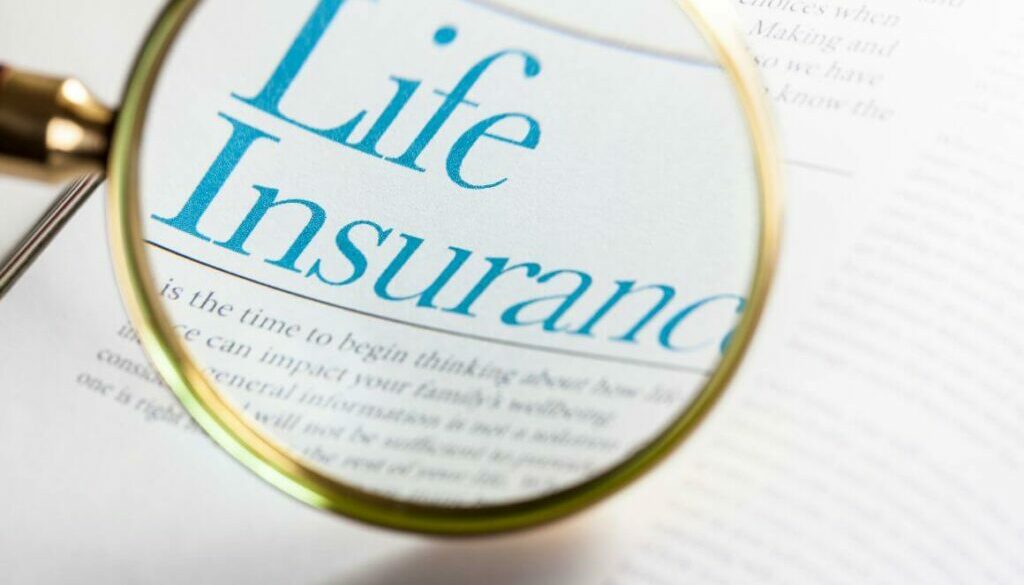Is Life Insurance Considered an Asset?
Is life insurance considered an asset?
Life insurance can be part of a well-rounded financial plan. But is life insurance considered an asset? Well, it depends on the type of policy you have. There are two distinct types of life insurance, term and permanent. A permanent policy can accrue cash value whereas a term policy can not. Knowing when life insurance can be considered a financial asset is helpful if you have a policy or are considering purchasing one.
What Is an Asset?
To begin our discussion of life insurance and whether it is an asset, let’s first define what an asset is. An asset is something of value that you invest in with the hope that it will maintain or increase in value over time. For example, bank accounts, homes, cryptocurrencies, and investment accounts are all considered assets because they have a value attached to them.
Assets play an important role in your finances. You can use your assets to fund your goals and provide cash for emergencies. Assets can also store value, and in some cases, they can produce income or increase in value, increasing your net worth. So, is life insurance considered an asset by this standard? Yes, but not all types.
Types of Life Insurance
There are two basic types of life insurance policies: term life and permanent life. Permanent life insurance can also be categorized into different types, such as whole life, universal life, and variable life.
Because it does not have a cash value component and the death benefit is paid only after you die, term life insurance is usually not considered an asset. However, permanent life insurance with a cash value that can be withdrawn during the policyholder’s lifetime and earns interest is considered an asset.
Another key difference between the two policies is that term life insurance lasts for a specified number of years, while permanent life insurance lasts the policyholder’s entire life.
Which Types of Life Insurance Build Cash Value?
Whole life, universal life, and variable life insurance are all types of permanent life insurance, but there are some key differences between them.
- Whole life: Typically, premiums on whole life insurance policies do not vary over time. Both the death benefit and cash value may be guaranteed when the policy is issued.
- Universal life: A universal life insurance policy can offer flexible premiums, which can be helpful as your budget changes. But the interest credit on your account may fluctuate over time, so it’s hard to predict how much cash value you’ll accumulate.
- Variable life: With a variable life insurance policy, the cash value can be invested in securities (mutual funds). However, since values fluctuate constantly based on your investments, meaning you could lose money, it is a difficult asset to value.
In addition to providing a death benefit, the cash value in permanent life insurance policies can also be accessed through policy loans or withdrawals.
Is life insurance an asset you should own?
First and foremost, life insurance is primarily intended to provide financial peace of mind to you and your family. So whether or not it can be considered an asset may not be something you consider when choosing a policy that’s right for you. But with that being said, if your life insurance policy being an asset is something you consider, is it an asset you should own?
When answering that question, it’s important to consider how much growth potential your money has when investing it in other ways. The return from investing your money directly in the market may be higher than the return you’ll get from letting your life insurance policy’s cash value accumulate.
It can be helpful to consider your entire financial picture when deciding whether you should buy life insurance and whether it is better to go with a term life policy (not an asset) or a permanent policy (an asset). Talking to a financial advisor or an insurance professional may also be helpful.




